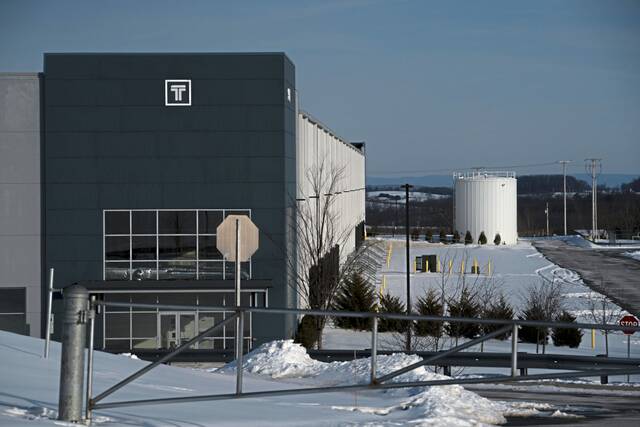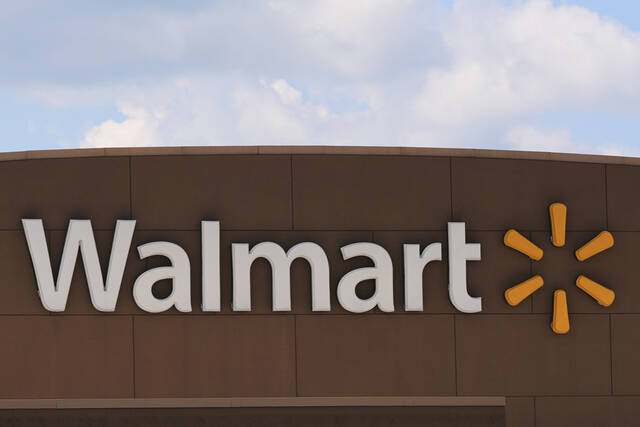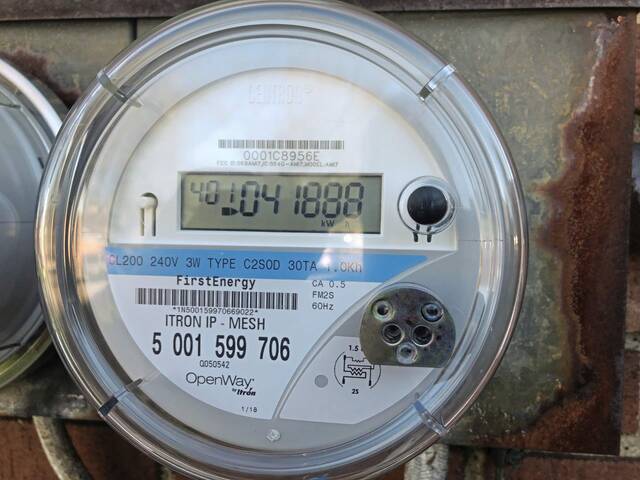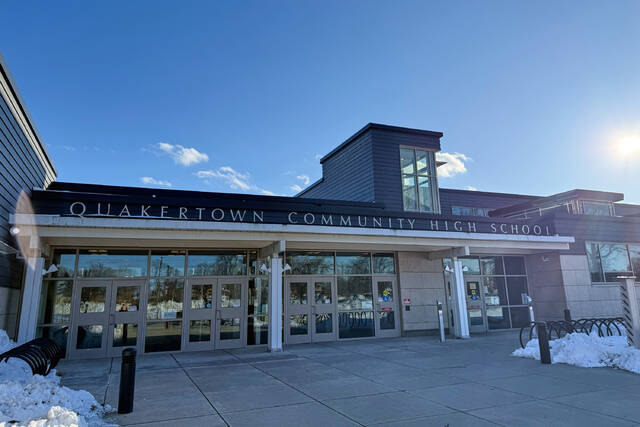A state senator is once again trying to modernize Pennsylvania’s liquor system by expanding access to pre-packaged cocktails.
The legislation would allow restaurants, bars, taverns, beer distributors, grocery and convenience stores that sell beer and wine to add these popular canned cocktails such as rum punch, pina coladas and margaritas to their product list.
Currently, the state-owned liquor stores have the market cornered on the sale of these so-called ready-to-drink, or RTD, products in Pennsylvania.
The legislation, sponsored by Sen. Mike Regan, R-Cumberland/York counties, moved out of the Senate Law & Justice Committee on Wednesday by a 6-5 vote. Some of those who dissented expressed an interest in working with Regan to further fine tune the bill to try to find middle ground as the bill moves through the legislative approval process. Regan was amenable to that.
What’s in the proposal: Regan’s legislation tries to strike a balance among the various interests on this issue by limiting the RTDs sold outside of liquor stores to having no more than 12.5% alcohol by volume, while the RTDs available in liquor stores can have a higher alcohol volume.
It also limits the size of the containers sold outside of liquor stores to 16 ounces with a maximum total sale of off-premises consumption of 192 fluid ounces at bars and restaurants. The RTDs sold in liquor stores would not face those same restrictions and neither would beer distributors under this proposal.
RTDs surveys say: According to the Pennsylvania Liquor Control Board which oversees liquor sales in the state, a recent analysis reviewing Neilson, Census and National Alcohol Beverage Control Association data found that Pennsylvanians’ RTD consumption (per capita for individuals 21 years and older) is more than three times the U.S. average and higher than that of neighboring states including New York, New Jersey, Ohio and Virginia.
A recent survey commissioned by Distilled Spirits Council of the United States showed RTDs to be the fastest growing spirit category. Further, it found consumers support greater access to these products, including in grocery and convenience stores, with 86% agreeing that spirits RTDs should be sold where beer and wine are available for purchase.
What’s behind the bill: “Pennsylvania stands to make between $150 million and $200 million in tax revenue (annually) by year three,” Regan said. “This is a demand of the people of Pennsylvania who are going to New Jersey and Delaware and Maryland to purchase the products they need because they can’t be purchased here so that was driving it.”
Regan said the PLCB testified at a 2021 hearing that its 600 stores lack the shelf space or the refrigeration necessary to transport these products to liquor licensees. Beyond that, he said only between 60 and 100 of RTD products are sold through the state’s liquor system when there are in excess of 2,000 of these products available in the country.
What PLCB has to say: “Since the last time the PLCB testified on this topic and based on the concerns raised at that time, we have expanded RTD availability to meet consumer demand,” said PLCB spokesman Shawn Kelly. “The PLCB has adapted, allocating more floor and display space to RTDs and growing our RTD portfolio to include proven customer favorites and new, exciting options just hitting the market. This spring and summer our stores prominently feature new and popular RTDs so they are quite visible and easily accessible to customers. We have also increased refrigeration space in our Fine Wine & Good Spirits stores.”
About the number of different RTD products it sells, Kelly said, “Variety of brands is less important to Pennsylvanians than familiarity of brands and variety of flavors.”
This fiscal year the PLCB anticipates hitting about $80 million in sales of canned RTDs, he said.
Background: Regan attempted in 2021 to loosen the liquor law to allow these pre-packaged cocktails to be sold in more places by adding it to a bill that passed the House of Representatives to make permanent a short-term pandemic rule that permitted bars to sell up to a gallon of mixed drinks on a to-go basis. Packaged together, the bill never made it to the governor’s desk.
Regan also offered his RTD bill as a standalone measure. It narrowly passed the Senate but died due to inaction in the House.
What other people say: Sen. Jim Brewster, D-Allegheny County, was among those at the committee meeting to raise a concern about the financial impact this proposal could have on the PLCB and its employees.
He said the revenue the state derives from the PLCB has been stable and increasing. But privatizing a part of the LCB’s operation could mean losing profit while putting several thousand liquor store employees’ jobs at risk.
“It’s a very complicated discussion,” Brewster said. “And I still maintain that our state store system is valuable. It’s one of the few assets that the taxpayers in Pennsylvania have.”
Sen. Jimmy Dillon, D-Philadelphia, said, “I believe there’s a path forward to finding that balance for what is fair for Pennsylvania taxpayers as well as finding the availability for the product. I think we can all agree that we would like to see a greater retail access for these products. But we must give careful consideration to the LCB employees and families and sustaining jobs of that nature.”
Brewster and Dillon were among those who voted against the bill along with the other Democrats on the committee. Sen. Frank Farry of Bucks County, was the lone Republican to vote against the bill.
Meanwhile, Chuck Moran, executive director of the Pennsylvania Licensed Beverage and Tavern Association, said Regan’s bill, if enacted, would mark a major change to the current system, and would hurt small business bars, taverns, and licensed restaurants. The legislation doesn’t provide the 10% discount that bars and restaurants currently receive when buying liquor products in Pennsylvania and the distribution system favors large player over small businesses when it comes to pricing and delivery, he said.
Moran added, “It grants the right to sell liquor to licenses that currently do not have that right. As we saw in the past, when [bars and restaurants] lost the exclusive right to sell six-packs-to-go — and beer distributors gained the right to sell down to a growler — small business taverns, bars, and restaurants lost a significant amount of revenue.”
Andy Deloney, a senior vice president for the Distilled Spirits Council of the United States, said, “We are happy to see this bill move through committee and are hopeful the Senate will see the great value it provides for local businesses and consumers. Spirits RTDs contain the same amount of alcohol as the beer and wine products already being sold in these stores. There is no reason to treat these similar products differently.”
A spokesman for Gov. Josh Shapiro declined comment about the legislation.








